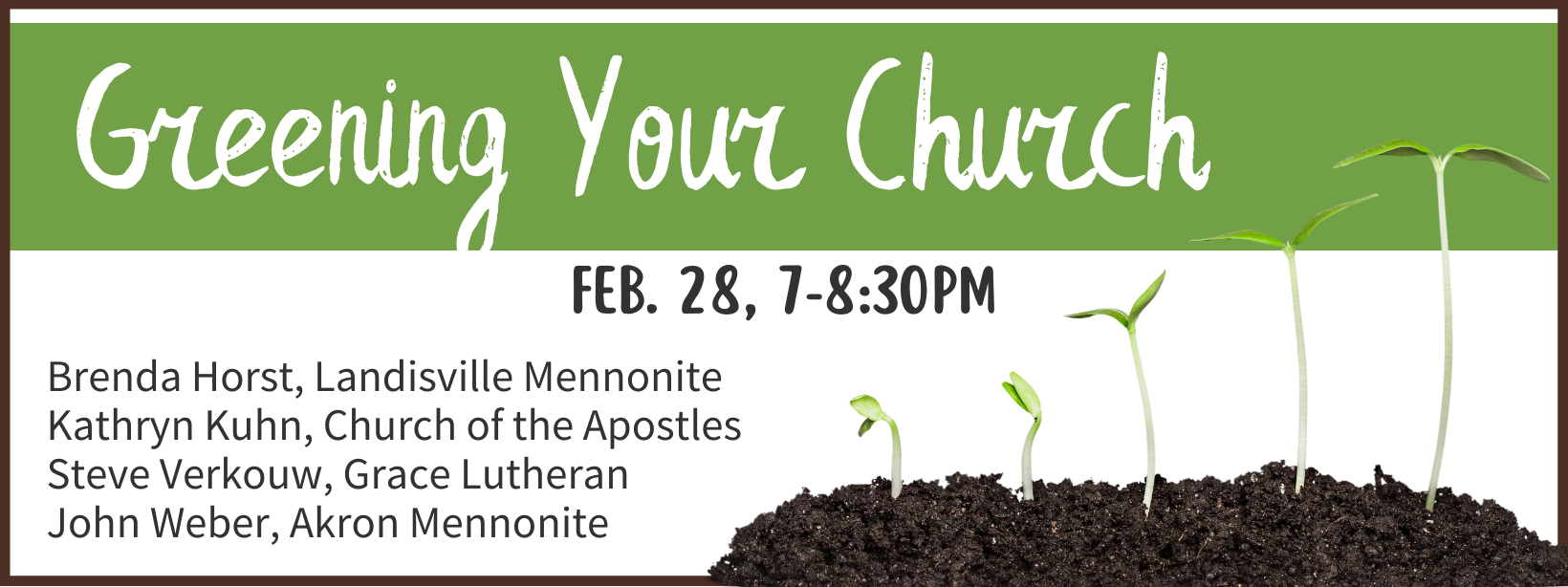-
February 28, 2022
7:00 pm - 8:30 pm
This workshop is live online via Zoom. A recording will also be available to registrants to view at their convenience.
In recent years, there is a growing interest among churches to be good environmental stewards. However, it can be difficult to know how to take practical action on this broad topic as a congregation.
In this panel, four local congregations will provide an overview of how they are making a positive environmental impact. These churches will explain the logistics on how they brainstormed ideas, implemented projects, and plan for ongoing management and expansion.
Our panelists are:
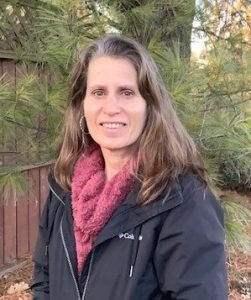 Brenda Horst, Landisville Mennonite Church
Brenda Horst, Landisville Mennonite Church
Brenda, who attends Landisville Mennonite Church, helped start “Trees, Bees, and Butterflies,” a group who look at how their church property can be more helpful to the environment and local ecosystem. Under the guidance of Alliance for the Chesapeake Bay, a large seeding and planting project took place in November 2021 which converted five acres of the church property to native forest and meadow.
Brenda began working on landscaping and learning about plants as an outlet for relaxation, refreshment, and feeling closer to God in nature. After reading about the importance of native plants, she has made it a priority to change her landscaping practices at home and at work. Brenda and her husband are owners of Water’s Edge Mini Golf & Ice Cream Shop, where she has been transitioning the landscaping to more native and pollinator-friendly plants, while happily experimenting, learning more, being creative, and sharing with visitors.
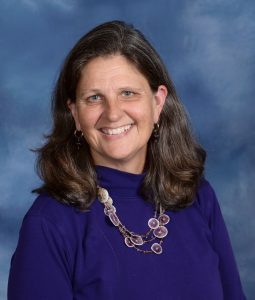 Kathryn Kuhn, Church of the Apostles
Kathryn Kuhn, Church of the Apostles
Church of the Apostles UCC is fortunate to have 20 acres of land dedicated as Rader Park. Rader Park is open to the public and includes walking trails, a pond, a butterfly garden, a vegetable garden whose produce is donated to local food banks, community gardens which are rented to local gardeners, a pavilion, and a pine grove campfire ring. The church is a member of Interfaith Partners for the Chesapeake and has had the Chesapeake Alliance plant trees to help with soil erosion. The church seeks to expand and promote the hard work of caring for our earth.
Rev. Kathryn Kuhn is the Senior Pastor of Church of the Apostles and is passionate about ecological stewardship and working toward a more just and loving world. Kathryn’s background is in Elementary and Early Childhood Education, and she has a M.Div. from Lancaster Theological Seminary. She has been on staff at Church of the Apostles for 17 years, beginning as the Christian Education Director.
![]()
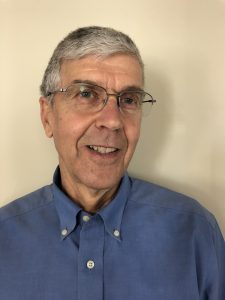 John Weber, Akron Mennonite Church
John Weber, Akron Mennonite Church
The cemetery at Akron Mennonite Church provides green burial options, including natural burial where a shrouded body is buried without a casket or vault. The church is in the process of converting four acres of property adjacent to the cemetery into a nature preserve that includes options for scattering or interring cremated remains. The native trees and grasses, walking paths, and beautiful natural space will provide room for reflection.
After working for 32 years as a high school teacher and elementary school principal, John Weber is now retired and currently serves on the cemetery committee of Akron Mennonite Church.
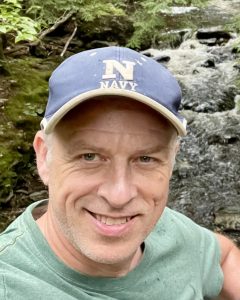 Steve Verkouw, Grace Lutheran Church
Steve Verkouw, Grace Lutheran Church
Grace Lutheran Church holds a National Wildlife Federation designation as a certified wildlife habitat and has worked to divert stormwater from their property. Their rain garden and underground stormwater retention can divert 111,800 gallons of runoff from the overwhelmed sewer system. The basin holds the water and allows it to slowly drain back into the ground after being filtered by the rock basin and sand layers. They have replaced invasive species with native plants, and maintain beehives on their office roof.
Rev. Dr. Stephen Verkouw has served almost 27 years as the pastor at Grace Lutheran Church. Energized by life and work in the city, he also loves to be outdoors, running in County Park, riding his old BMW motorcycle around the county on pastoral visits, or visiting the White Mountains and lakes of New Hampshire. His education at Gettysburg College and Seminary, and the Lutheran Seminary in Philadelphia have fostered a lifelong study of theology and the practice of parish ministry. He serves on the Lancaster Task Force of Interfaith Partners for the Chesapeake. He loves his wife Kathryn and their growing family, taking a good picture with his iPhone, and doing as many push-ups as possible in a day.
Venue: Virtual Meeting Space
